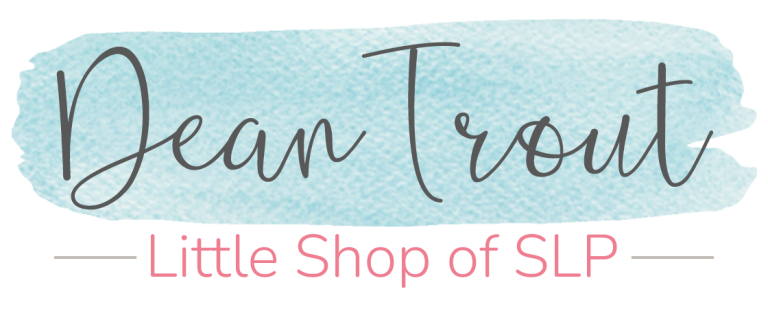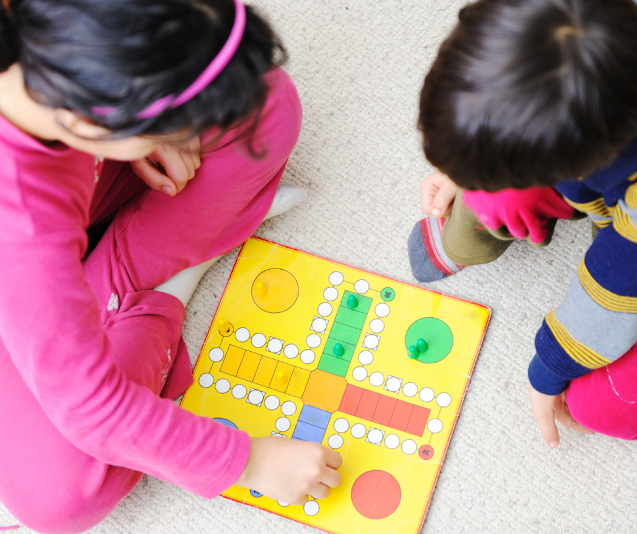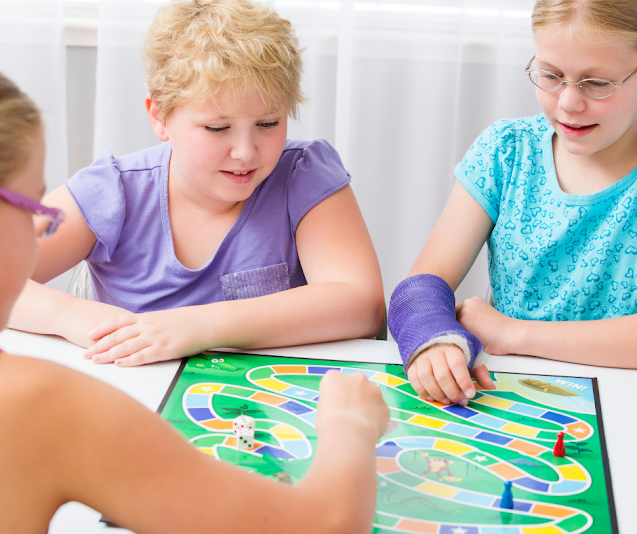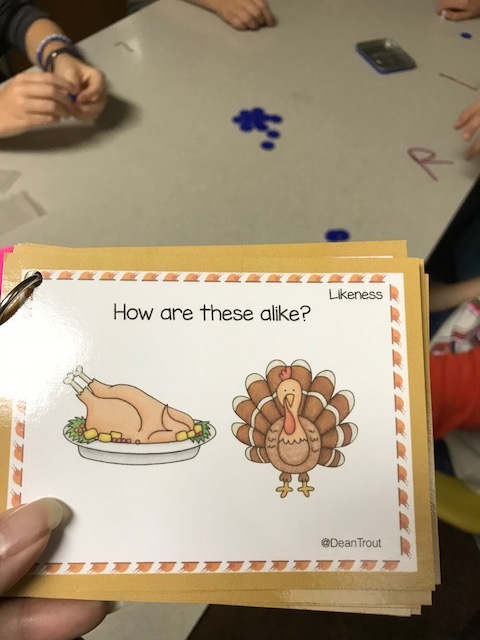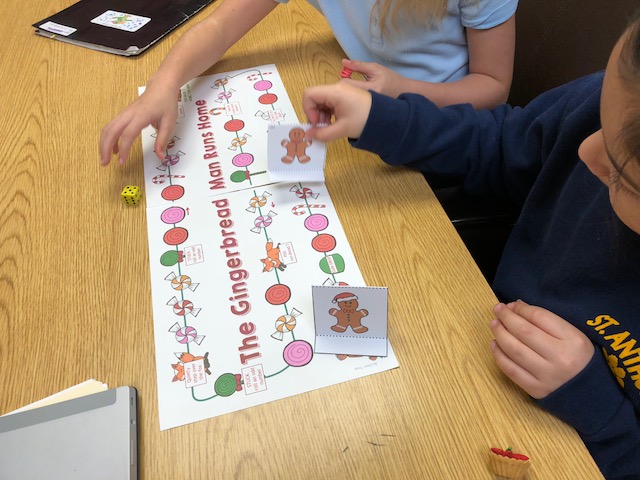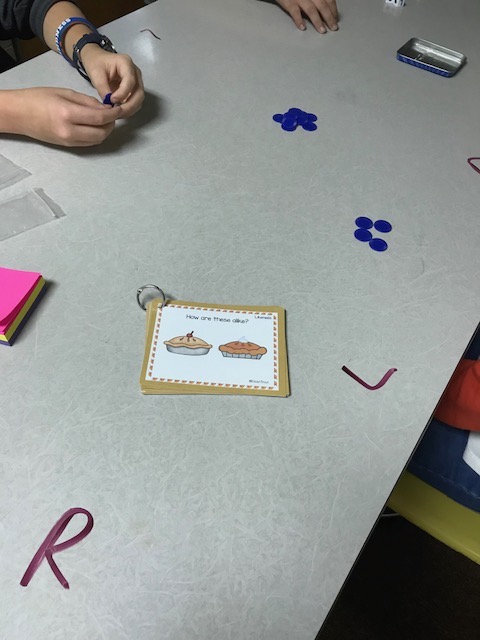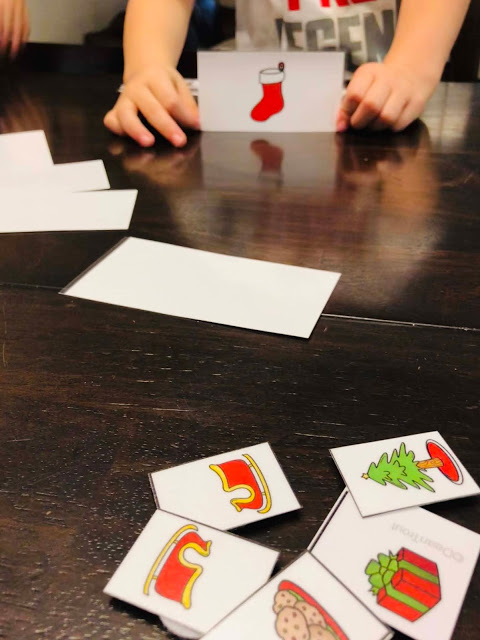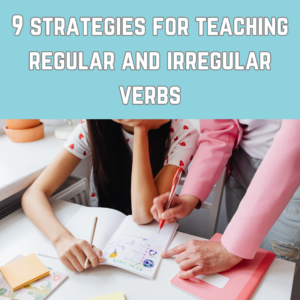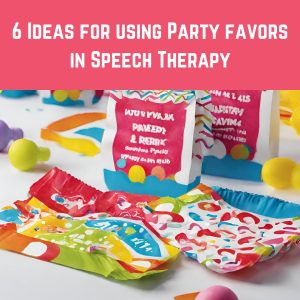Everywhere in America as a student returns to his classroom the teacher will ask, “What did you do in Speech Therapy today?” The student replies, “Oh we just played a game.” Everywhere in American kids return home from school and parents ask, “What did you do in Speech today? and they reply, “Oh, we just played a game.”
Peek in the Speech Room at school and more than likely you’ll see a handful of kids seated around a table playing a game.
Sadly, that is the way most Speech Language Pathologist are perceived. I know that was the case for me. Perhaps the saddest part is that I didn’t take the time to teach the staff, kids, and parents that there is tremendous learning and value to “just playing games.” So today I want to put it in writing and share on a public forum what they aren’t seeing. I want to share what is really going on as we play games with our students.
10 Valid Reasons for using games in speech therapy
1. Student engagement- students don’t learn when they are not engaged
2. Motivation to participate– games motivate them to participate in the session
3. Develops fine motor skills– pincer grasp holding and moving a pawn, picking up dice to roll, removing one card from a stack, etc.
4. Improves visual-spatial skills– being able to manipulate pieces around a game board
5. Develops executive functioning- problem solving, analytical skills, cause and effect, plan and prioritize, think critically and flexibly,
6. Social skills- teaches emotional regulation, turn taking, cooperation/team building, and good sportsmanship,
7. Academic skills-teaches colors, numbers, counting, shapes and letters.
8. Listening Skills-They learn to follow directions, ask and answer questions
9. Immediate positive reinforcement for effort and accuracy.
10. Sequential skills– must do this, then that, and that.
Beyond the reasons listed above, SLPs create and use lots of games that target specific goals.
Sometimes it is to stave off boredom. Who wants to say their speech sound in words 100 times? No one! Who wants to say a word 5 times to get to do something fun? Everyone!
We also pair open-ended games with task cards that pinpoint a specific goal. The student must complete a task to earn a turn at the game.
And finally games are sometimes used as a reward for working extra hard in a session. The student can earn 5 minutes of game time.
So you see, we aren’t just playing a game, we’re engaging kids and teaching them skills beyond their IEP goals, all while working directly on their goals!
We’re creative like that!
I have lots of games in my store take a look now!
Are you interested in hearing about new games as I make them or purchasing for 50% off for the first 48 hours? Then follow me on Instagram!
